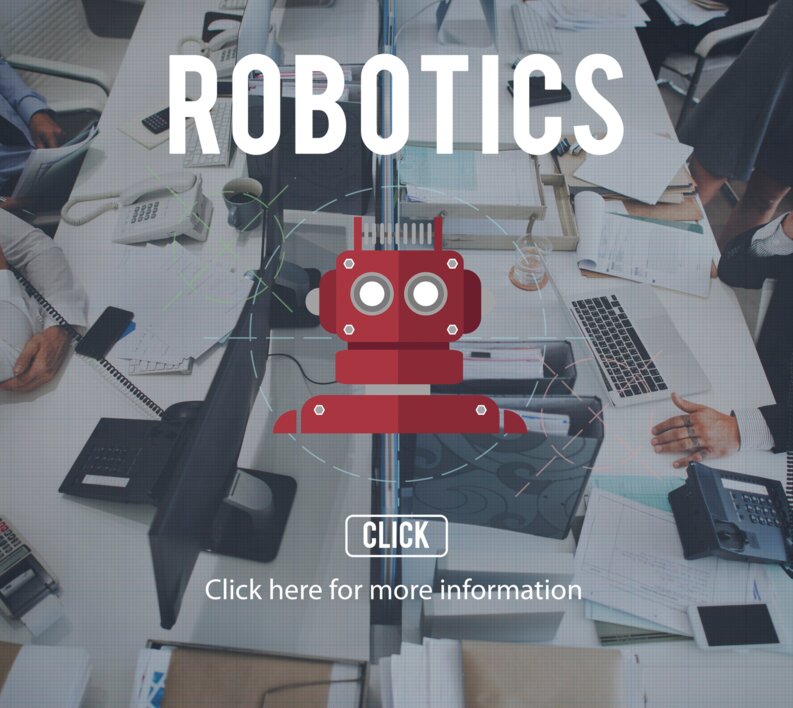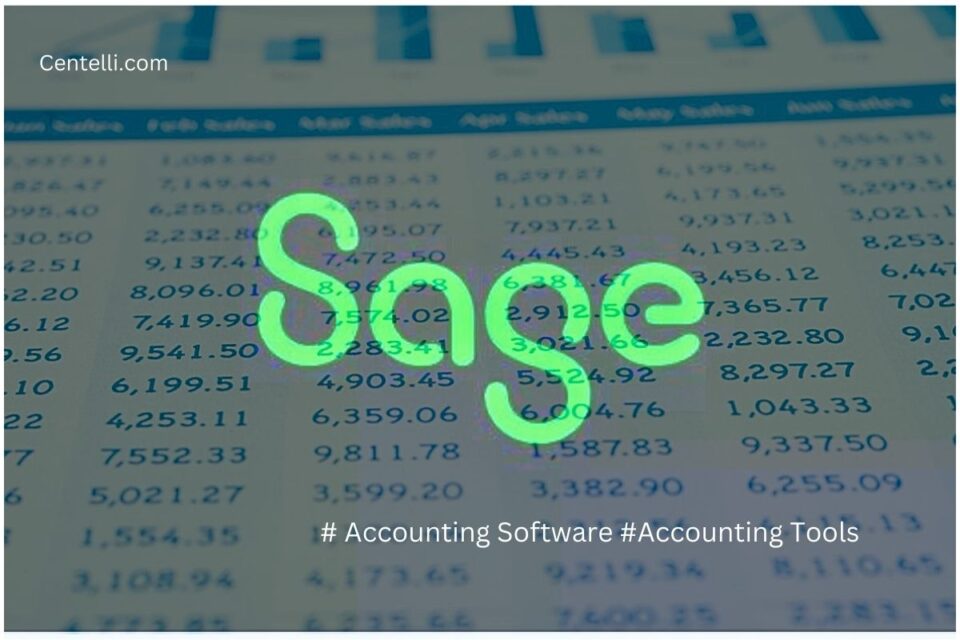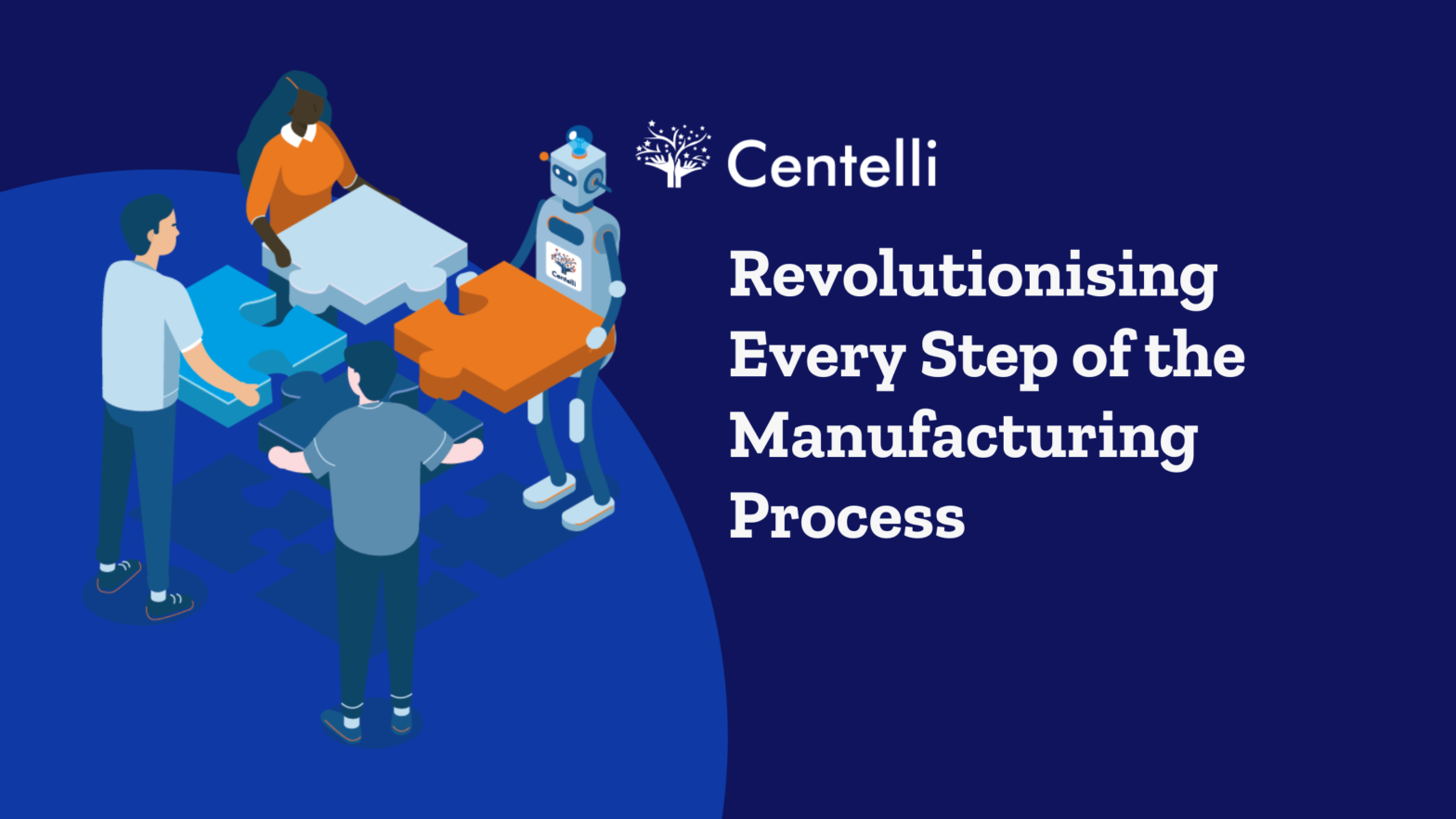
The robotic process automation, or RPA is among the most intriguing technologies in the world of business today. Although industrial manufacturing uses RPA in massive in robotic fabricators to join everything from automobiles to tiny plastic parts, the automation process is now entering the back office as well. In this article, we’ll take a look at the robotic process automation in accounting that has gained such popularity in recent years, and how you can ensure that it gets the maximum value from the investment.
What is Robotic Process Automation in Finance and Accounting?
RPA is a type of software that assists people by providing process automation. Nowadays, accountants utilize computers-based tools and processes that require many keystrokes and manual steps. Moreover, RPA can revolutionize the accounting workflow by combining different processes into a smooth, automated process.
Here’s a simplified version of robotic process automation in finance and accounting:
- The RPA bot records the actions of users on screen, such as clicks and entries while doing accounting tasks.
- The program creates a script based upon the movements of users on screen.
- The RPA bot makes use of scripts generated by the user to automatize repetitive, rule-based accounting processes.
Why Enterprises require RPA in Finance and Accounting?
As a manager your company is dependent on you to come up with solutions to the newest and most challenging problems. The challenge of overcoming it spurs innovation and digitization. Accounting automation with RPA will help your business adjust to the change and prosper in these difficult times.
There are a few reasons why your business requires RPA to help with accounting automation:
- Shortage of Labours
In the post-pandemic period, the threat of labour shortages is posed by industries like transport and shopping. As a CEO, you should implement effective strategies to conserve the scarce human resources within your business. Automating processes can aid in reducing the dependency of your business on human resources. Automating the accounting process using RPA to reduce the workload of your staff. Later, transfer saved work hours to other departments or tasks to address the shortage of workers.
- Service Delivery
Consumers today have access to a variety of choices, in order to become different from the rest and provide excellent customer service and an excellent experience every time. It is not a good idea to lose a customer or supplier because of delays with invoice processing. Additionally, you can implement RPA for accounting in order to streamline time-consuming processes as well as improve the customer experience and service delivery.
- Regulatory Compliance
With the widespread use of cloud-based applications, the business environment has grown beyond the physical premises. It’s becoming increasingly difficult for companies to ensure international and industry-wide standards to ensure compliance with regulations. The use of RPA can assist in ensuring an accurate and consistent implementation of best accounting practice guidelines and guidelines throughout the organization.
For instance, you can utilize RPA robots to generate Audit trails in accounting activities that involve sensitive data. The trails show the whole process and provide an auditable history, thereby reducing the possibility of non-compliance.
- Data Governance
Accounting processes like invoice processing require the use of sensitive client data. Effective data governance requires direct supervision to reduce the possibility of data breaches and leaks. Are you able to supervise the accounting team working remotely? No, you can’t. Automating processes with robotics can help your company to overcome this problem.
For instance, emails can contain sensitive data as well as clients have personally identifiable information (PPI). Therefore, you can utilize RPA to collect relevant information from invoices for invoice processing. Automating this process with RPA decreases the chance of being exposed and the chance of data leaks caused by the insidious internal actors.
- Digital Transformation
Innovative technologies such as AI or RPA have made it easier for everyone to compete which has empowered start-ups while limiting the reach of the giants of the world. Enterprise-scale businesses can fight off fierce competition from start-ups with investments in digital change. Automation of processes is essential for digital transformation and long-term viability in today’s highly technological market.
With RPA allows you to digitally digitize invoices, automate accounting processes, and use AI to speed up processes. It is also possible to measure and optimize the accounting process automation for continuous improvement. The adoption of RPA is a crucial step toward digital transformation.
Ways to make RPA Accounting beneficial Enterprise-scale Companies?
- Cutting Down on Costs
RPA solutions can help businesses reduce 30-40 percent of their labour costs. RPA robots can handle routine tasks quicker than human beings and can save scarce resources. Automate accounting processes using RPA to lower the cost of labour.
- Enhances Productivity
Consider how much time you’ll spend in collecting information and filling out invoices. These tedious tasks cause obstructions to your accountant’s output. It is possible to adopt RPA for accounting automation in order to remove manual tasks from your process. Moreover, the RPA robots can finish work more quickly than human workers which can boost productivity throughout the organization.
- Reduce Errors
For large businesses accounting processes are comprised of many stages and a variety of departments. Human errors that are minor in every department or stage can add up and result in significant losses. Moreover, with RPA, Enterprise-sized companies can automate manual accounting processes to eliminate human error out of the calculation.
- Time Efficiency
RPA can save accountants and finance departments from numerous hours’ worth of work due to human error. The adoption of RPA for automation of accounting services is a great way to decrease time waste and improve the efficiency of your operations. With RPA accounting professionals, accountants be able to focus on more important tasks. Moreover, they can allocate their time towards revenue-generating activities, thereby making your company more competitive.
- Ensure Compliance
In the ever-growing business world, the need to ensure compliance with regulatory requirements is becoming increasingly difficult. Innovative RPA solutions help reduce mistakes and help create trailing trails for each task, while improving the historical documentation and the ability to audit. In addition to that, implementing RPA to automatize accounting can assist enterprises to ensure better compliance with external and internal financial rules.
- Data Centralization
Consider RPA robotics as ERP-independent connecting tissues connecting various systems. They work with a variety of data sources and combine precise information into a single area. Moreover, with RPA it is not necessary to navigate through several departments or systems to locate crucial financial information.
The Bottom Line
Robotic Process Automation is transforming the work of many departments within large enterprises. As a C-Suite member you can use RPA to automate the processing of invoices and expense reporting, payroll management and forecasting financials. Automation of accounting using RPA provides a variety of advantages, such as reduced costs and losses as well as increased productivity as well as regulatory compliance.
To reap the maximum benefits of your system be sure to adhere to RPA best practices for implementation. Moreover, if you’re wondering what you can do to begin or enhance the digitalization and automation of your processes and documents within your business, get in touch with capable RPA experts today.







